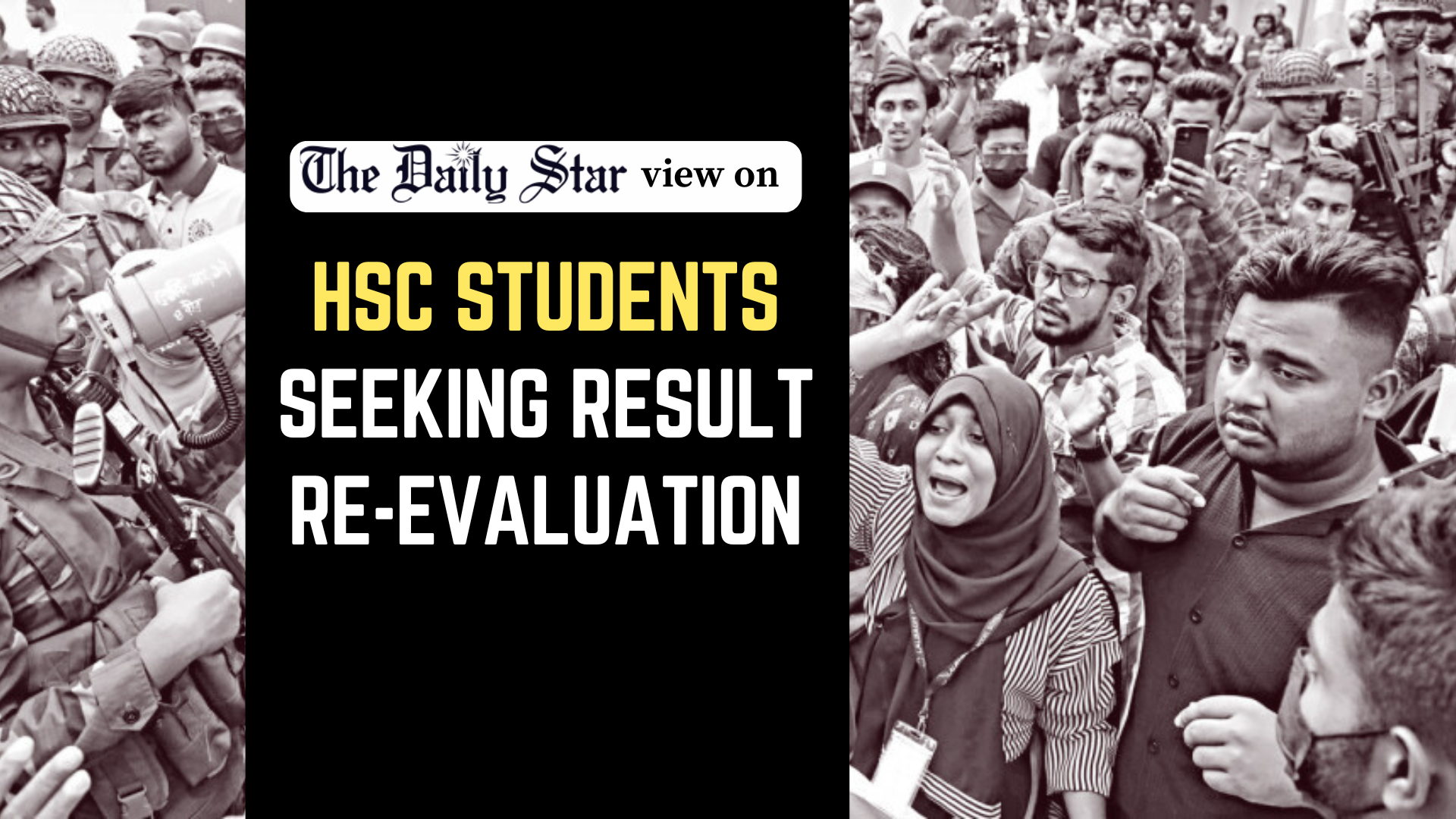Reforms must in the education sector

At a time when our education sector urgently requires substantial reforms to ensure quality and eliminate existing bottlenecks and disparities, it is disheartening that the interim government has not yet taken any major initiatives in this regard. Despite expectations that the government, which assumed power following a student-led mass uprising, would at least begin the reform process, we have yet to witness any pre-planned efforts on its part. Over the past six months, it formed six major commissions to advance reforms in various sectors, and they have already submitted their reports to the chief adviser. However, a crucial sector like education has remained removed from this process. Instead, we have seen the authorities take numerous decisions under pressure from various groups, including students, which does not bode well for the future of the sector.
While the government formed an advisory committee to reform primary and non-formal education, no steps have been taken to establish an education reform commission, which educationists believe is crucial for overhauling the sector. Soon after assuming office on August 8 last year, the government faced agitation from HSC examinees demanding the cancellation of their hitherto-suspended exams. They even entered the Secretariat to put pressure on officials. Unfortunately, the government gave in to their demands without considering the consequences. Educationists argue that granting automatic passes without full exams will have long-term negative effects on students' academic and professional futures, complicating their university admissions and job prospects. A more prudent approach would have been to extend their exam preparation time, which the government didn't take.
Some other major decisions also taken under pressure include dissolving the school textbook revision coordination committee, removing "Adibashi" graffiti from textbook covers, separating seven colleges from Dhaka University with a pledge to form a separate university for them, establishing a second campus for Jagannath University under army supervision, nationalising registered independent Ebtedayee madrasas, etc. While some of these decisions may seem logical, they were largely driven by mob demands rather than careful policymaking.
There is no doubt that critical reforms are needed across the education sector—from primary to higher education—but these must follow due process, with input from experts and other stakeholders. Any hasty decision made under pressure risks causing long-term harm. Therefore, we urge the government to prioritise education sector reforms with a focus on improving quality, rather than making reactive decisions under pressure.



 For all latest news, follow The Daily Star's Google News channel.
For all latest news, follow The Daily Star's Google News channel. 

Comments